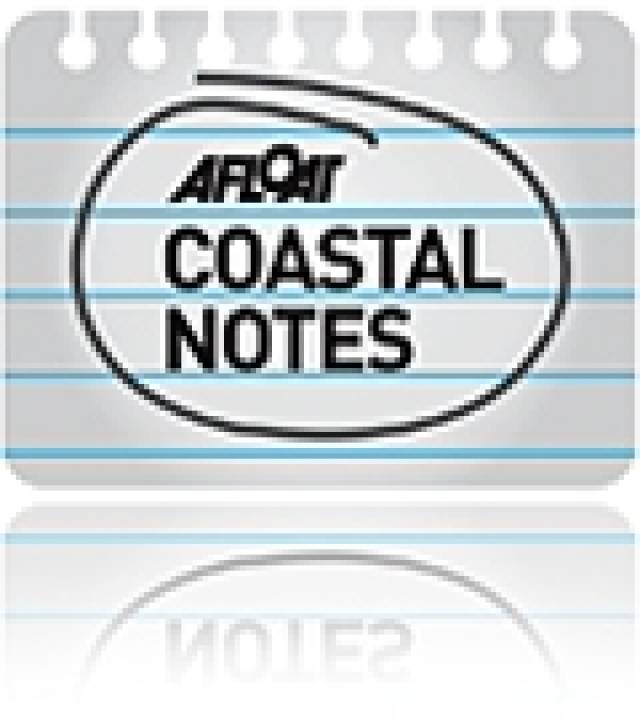#Flooding - Seaside residents in the popular surfing spot of Lahinch in Co Clare were evacuated yesterday (3 January) after massive swells driven by strong storm-force winds encroached half a kilometre inland.
According to The Irish Times, the emergency came amid some of the worst weather ever experienced in the West Clare coastal town.
Aside from flooding homes throughout the town, the storm surges collapsed metal fencing on the shorefront and sent concrete wall cappings some 50 metres across the promenade car park.
Nearby, part of the old pier in Liscannor were destroyed by the violent wind and wave action, while the 150-year-old base of the Irish Coast Guard's Doolin unit was also damaged, with the road leading from the base to the pier broken up.
Elsewhere in the country, records were broken in Dublin as the River Liffey saw its highest ever tide, breaking its banks near Heuston Station yesterday afternoon.
The Irish Independent reports that Wolfe Tone Quay and Victoria Quay were closed for an hour while Dublin City Council workers pumped the floodwaters from the roads.
In the coastal suburb of Clontarf - the worst-hit area of the capital, experiencing its worst flooding in a decade - seafront businesses were spared when floodwaters stopped just metres from their doors.
Meanwhile, Galway and Cork remain on high alert as high tide brings floodwaters to city streets, with the Salthill Promenade still a no-go area.
































































